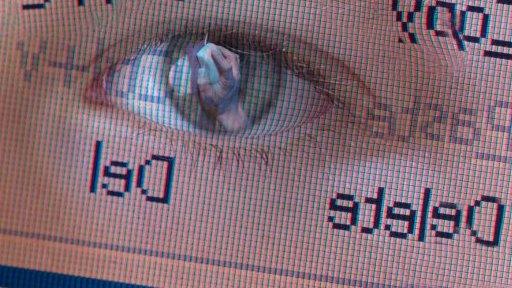Sky updates porn filter after row over blocking
- Published

Critics argue that parents need to do more to protect children from unwanted images
Sky has updated its porn filters following anger that they blocked a legitimate news website.
The filters are intended to allow parents to ensure children cannot view adult content.
But the automatic blocking of all file-sharing sites meant that news site TorrentFreak and other legitimate sites were also blocked.
Following publicity, Sky said that it had decided to tweak its filters to unblock the file-sharing news site.
"The categorisation of torrentfreak.com has now been updated so that the site will no longer be filtered by Sky Broadband Shield," the firm told the BBC.
"If at any time a website owner believes they have been unfairly filtered or miscategorised by Sky Broadband Shield, they can contact Sky and we will look into it as soon as we can," it added.
TorrentFreak editor-in-chief Ernesto van der Dar welcomed the change of heart.
Earlier he told the BBC that he was angry about the block.
"The problem with these filters is that they block many sites that are perfectly suitable for all audiences, simply because they are labelled a file-sharing site," he said.
He said that Sky had originally told him that the site would remain blocked.
A BBC investigation last year found that porn filters from other UK ISPs were blocking access to sex education and rape-victim support websites.
Default censor
Following pressure from the UK government, several of the UK's biggest ISPs have implemented new ways of blocking pornography.
Prime Minister David Cameron had said that the ISPs needed to act to prevent children from "stumbling across hardcore legal pornography".
Sky rolled out its filters in November. New subscribers have to opt out of its Broadband Shield default setting if they want to see adult content.
In December BT announced its version, which is automatically set to be on for new customers
Critics argue that the porn filters used are too sweeping and end up blocking too many legitimate sites.
"We are starting to see sites blocked which should not be," said Sebastien Lahtinen, founder of broadband news site ThinkBroadband.
"When the default position is to filter, a potentially high number of users might not be able to access a filtered site, acting as a form of default censor," he added.
He said that it was relatively easy to side-step filters for anyone determined to do so.
"As soon as I type the filter name into Google it suggests the search term 'bypass'. The second result is a YouTube video of what sounds like a kid explaining how to work around it," he told the BBC.
"The key message needs to be that these are a tool to help parents not a replacement for appropriate education and supervision," he added.
- Published19 December 2013
- Published23 November 2013
- Published17 June 2013